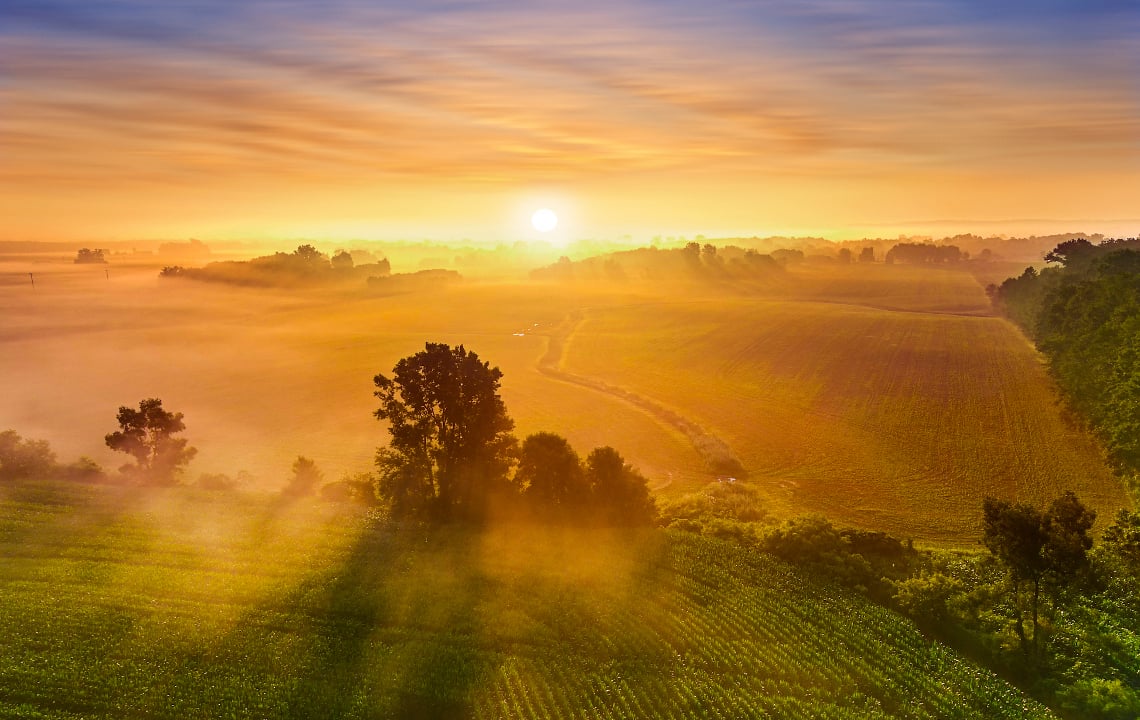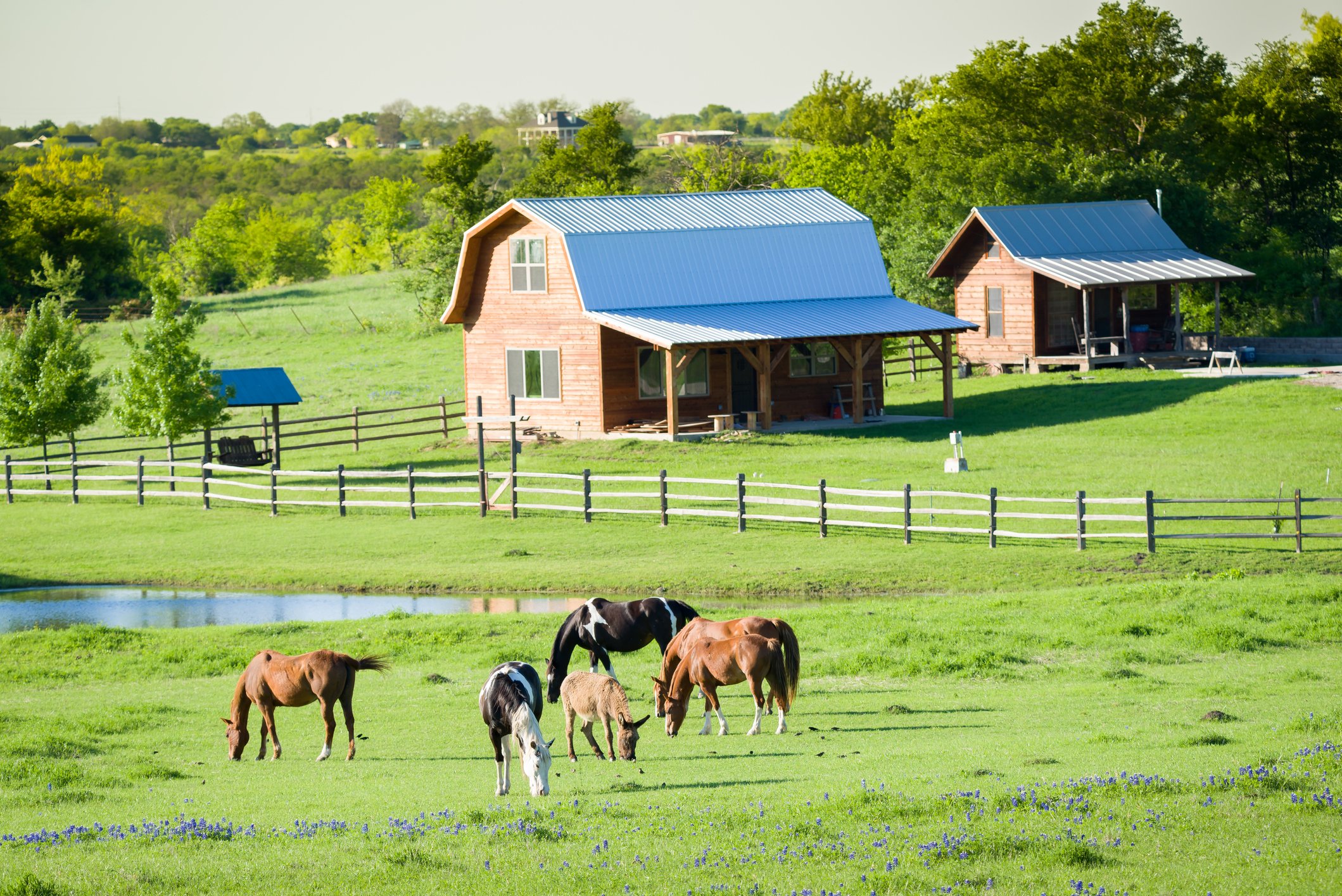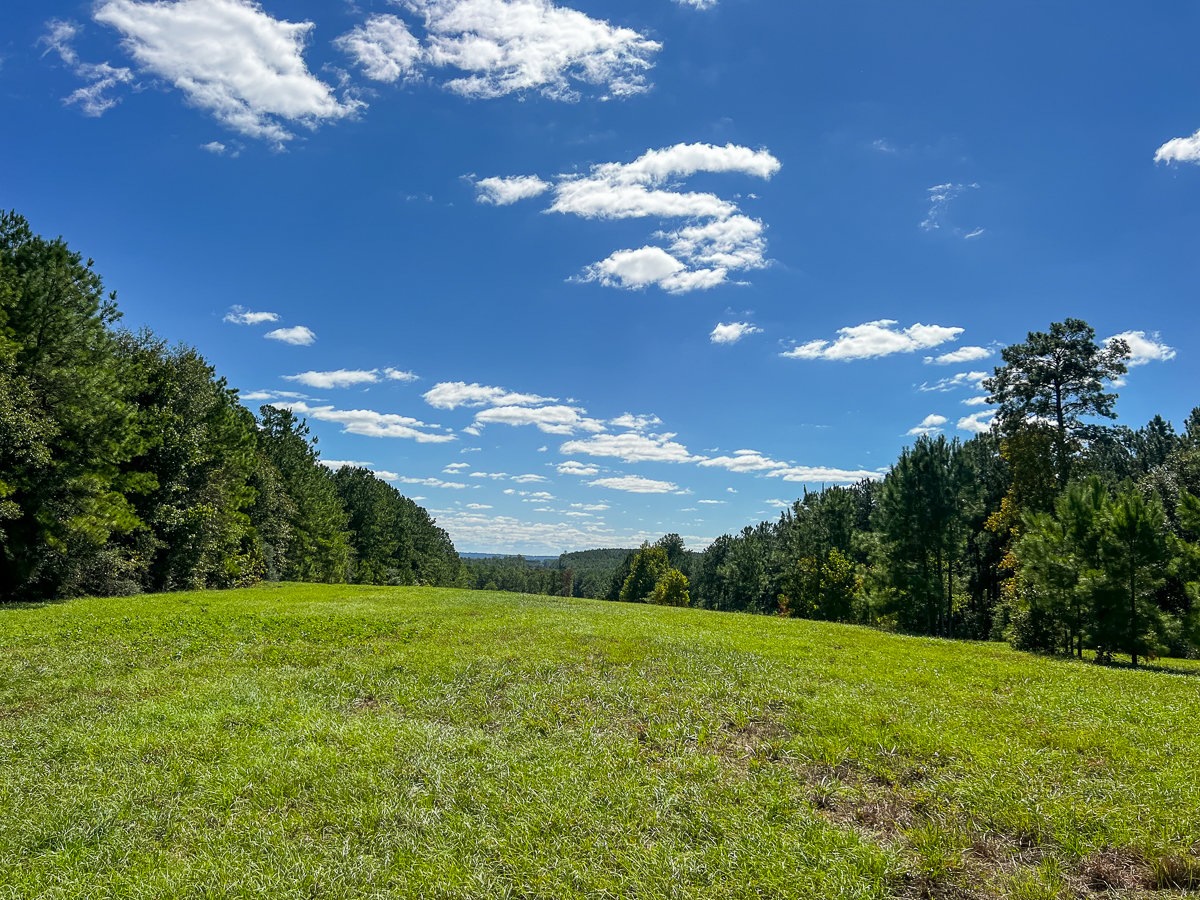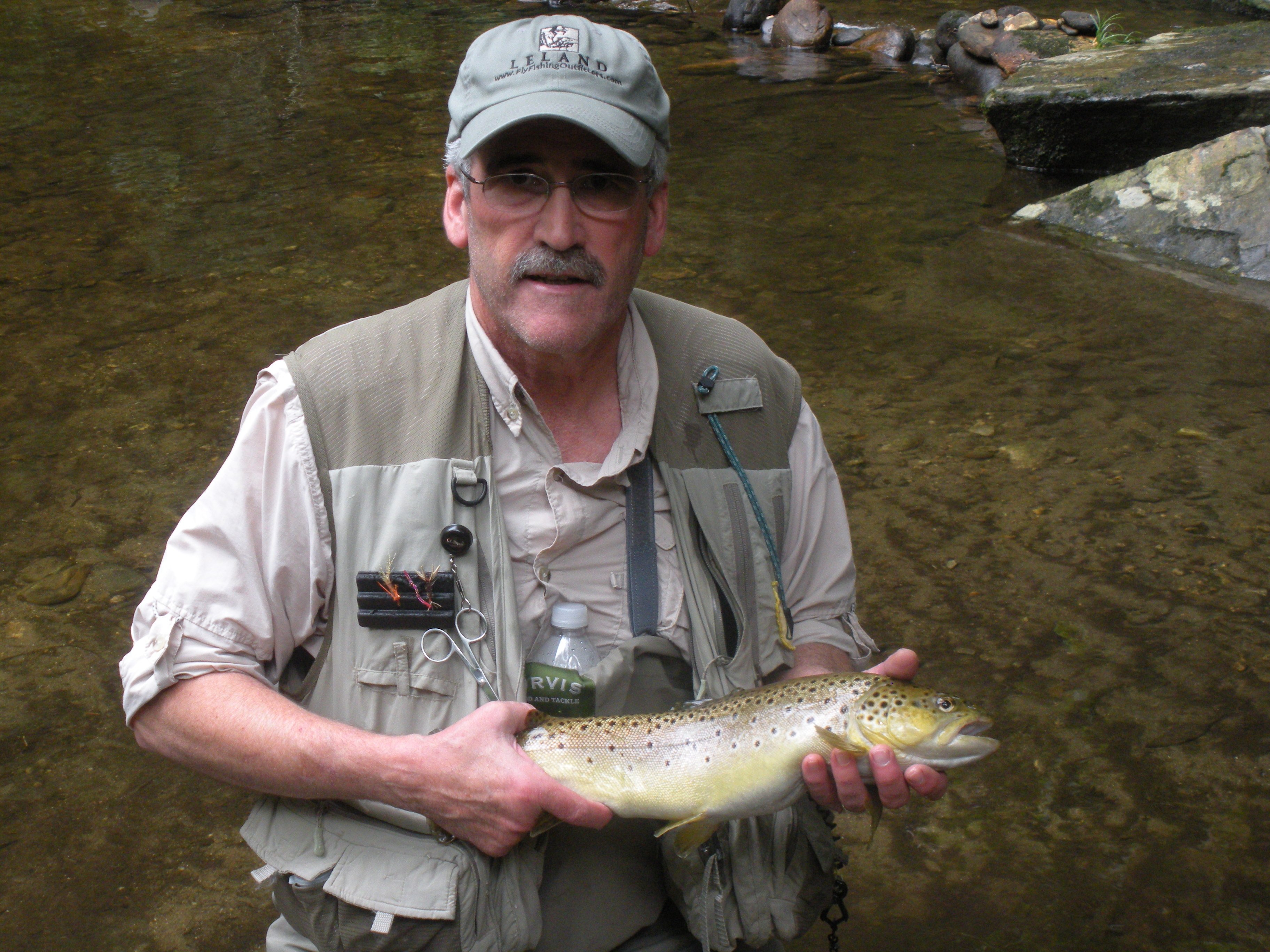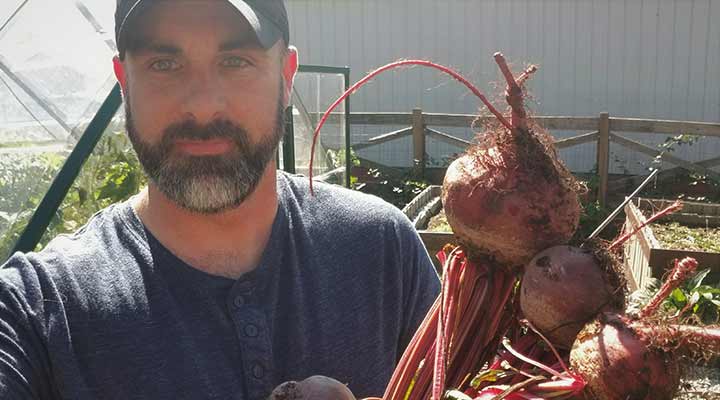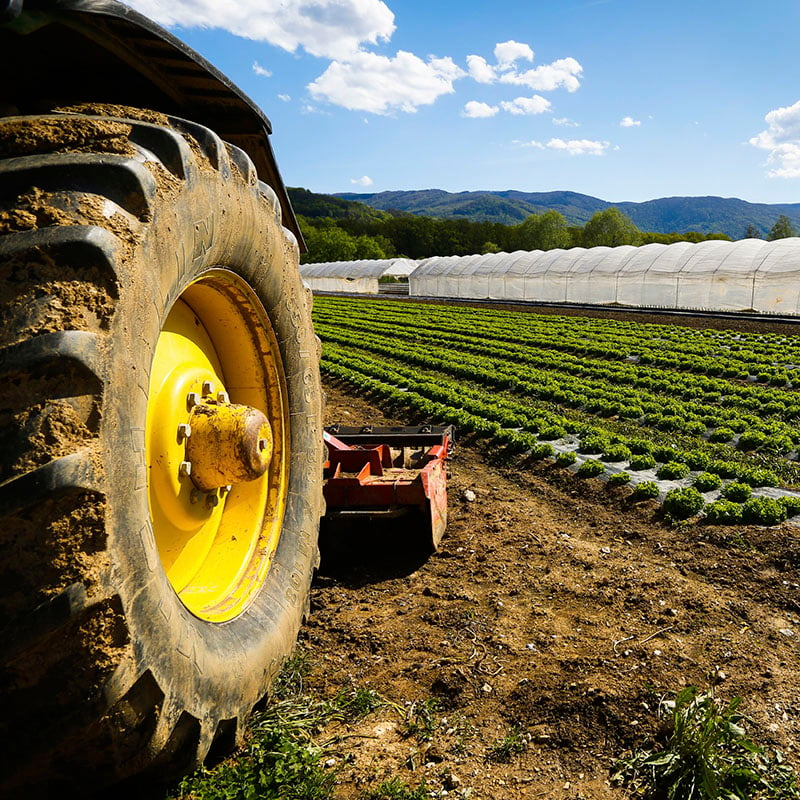This myth-busting article sets the record straight about the basics of buying rural land in the post-pandemic 21st century.
Buying rural land for the first time can be intimidating.
Not only are you investing off-the-beaten path, but there is a lot of misinformation floating around about land buying.
Partnering with experienced land-buying experts will go a long way in taking the mystery out of the process.
However, if you’re in the very beginning stages of researching your options, you’re likely looking for online resources to provide a solid starting point.
At Rethink:Rural, we’ve been educating land owners and prospective land buyers on how to buy rural land for over seven years. And our sister company, Raydient Rural, offers a variety of land tracts for sale in the Southeastern United States.
This article is a compilation of what we’ve learned from interviewing dozens of experts, including land agents, brokers, landowners, various financing institutions, insurance agents and others, about land-buying facts.
We hope this article serves as a springboard to enhance your confidence and bring you a few steps closer to finding your rural dream property.
11 Myths and Facts About Buying Rural Land
Outdated and misinformation about land buying is rampant online. The following are 11 myths and facts about buying rural land in the post-pandemic 21st century.

Myth #1: Buying land takes a lot of cash
Fact: raw land financing is widely available.
Buying rural land used to mean you needed a lot of cash on hand. However, this is no longer the case with most land sales.
You can finance most rural land purchases unless the seller specifies cash-only offers.
Yes, you’ll need a down payment, good credit, etc. And yes, supplying a cash offer can still be a great way to buy land, but the days of needing all cash or mostly all cash to purchase land are (generally) over.
Learn more in 8 Ways To Finance A Rural Land Purchase: A Look At The Pros And Cons.
Myth #2: a residential realtor is the best person to help you in your land search
Fact: Most residential realtors are not familiar with the nuances of land buying.
There are exceptions. However, in most cases, you’re much better off hiring an experienced land agent to help you in your search.
Unlike residential realtors who specialize in residential homes, land agents specialize in undeveloped rural land. Therefore, they have the knowledge, connections and tools (think ATVs and 4X4s for exploring acreage) to help you find the perfect property.
For example, a land agent can tell you where to go to find out about land use requirements, zoning and site-specific considerations, such as well and septic. They also know who to call for land clearing, inspections, utilities, home building, insurance, surveys, etc.
How do you find a reputable land agent?
Land for sale websites are a great place to start, as they usually list the land agents representing the properties. You can also inquire with the local Chamber of Commerce and ask around to find a good local agent.
Discover more about the benefits of working with a land agent in: Why Hire A Land Agent Rather Than A Residential Realtor.
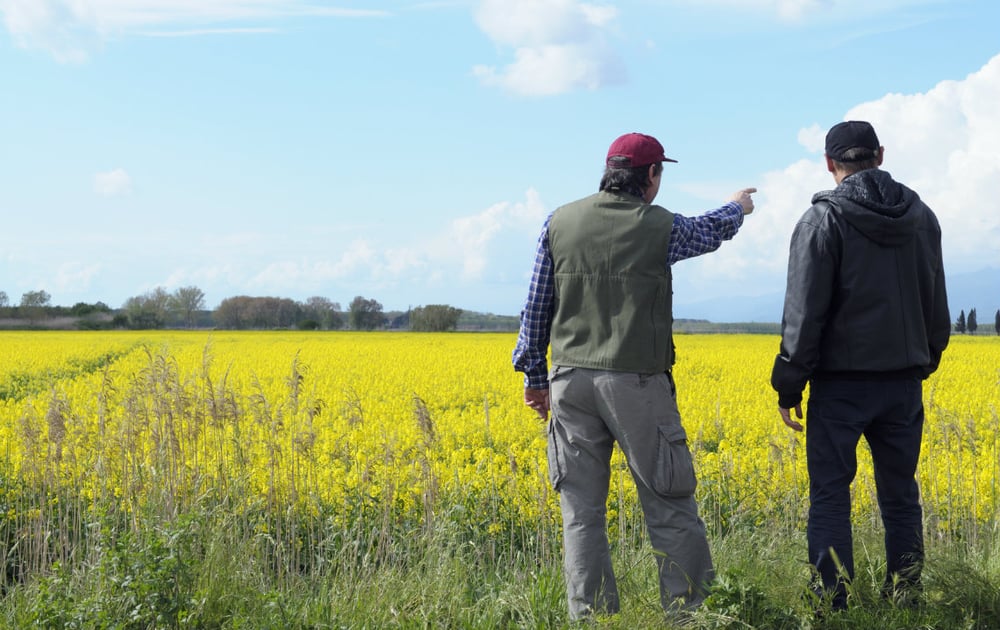
myth #3: your bank will finance a rural land purchase
Fact: Not all banks finance rural land purchases.
As you just learned, land financing is very possible. However, not all lending institutions (including big banks) offer land loans.
This is where your land agent or broker can provide invaluable information on the best lending institutions, such as small local banks or Farm Credit institutions.
The U.S. government set up Farm Credit institutions in 1916 to aid in the purchase of land. These institutions specialize in large acreage purchases or anything considered “rural”, and understand the nuances of the land-buying process. They also typically have less up-front costs and lower interest rates than commercial banks and can offer land-only or land-home loans.
You can learn more about Farm Credit from a senior loan officer, in How To Finance A Rural Land Purchase In The South.
myth #4: land loans require a much bigger down payment than a traditional mortgage
Fact: Most land lenders require 20% down. However, you may have the option to put down less in certain circumstances.
Most rural land lenders require a 20% down payment. This amount is also standard on traditional home loans if you want to avoid private mortgage insurance.
However, some land lenders will let you put as little as 5% down in certain circumstances. Such as if you’re combining a land loan with a construction loan. While others may require a larger down payment, such as 25%, for larger land parcels requiring a longer financing period.
Bottom line: don’t presume you need a hefty down payment to buy land. Although some down payment will be required, it can vary greatly between lending institutions based on financing periods, your credit score, the size and scope of your land, the type of loan and other factors.
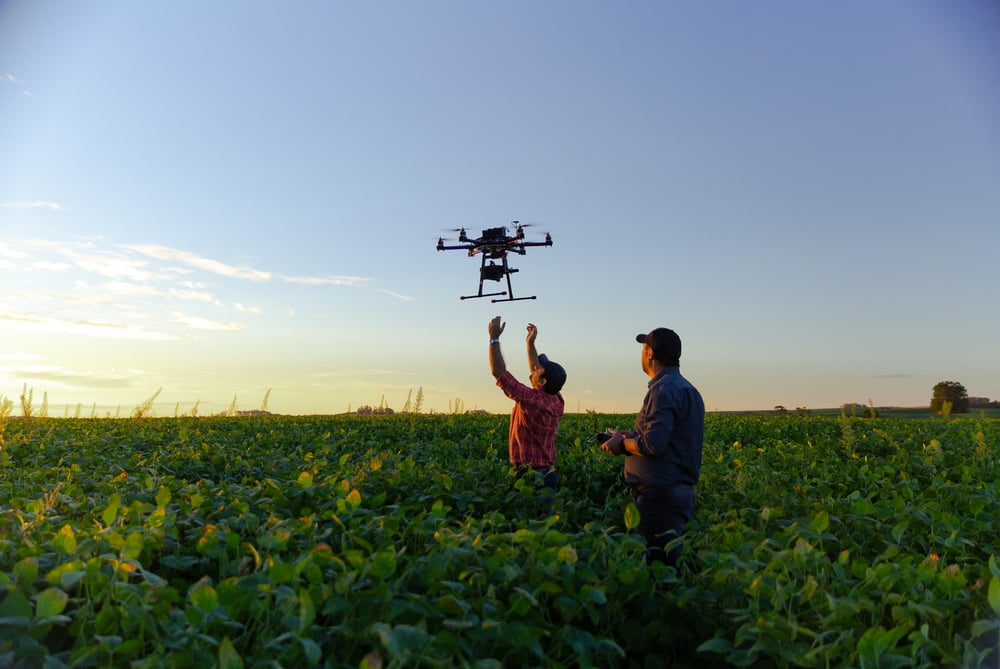
myth #5: i can build a home on any piece of land
Fact: Not all land is buildable.
If you’re interested in building a home, a barn, outbuildings or any type of shelter on your rural land, you need to ensure there are good building sites.
Per Rick Bourne, land agent with Southeastern Land Group, based in Greenville, Alabama, you need to take five main things into account:
- Topography relates to flood plains, septic and well placement, and soil, which can determine what type of foundation you can build on.
- More than just the view: walk the entire property and really think through the best spot for your home now and in the future. For example, your neighbor’s pasture may provide a pretty view now…but what if they sell the land and that pasture is turned into a sprawling steel building down the road?
- Your driveway: the longer and steeper your driveway, the greater the cost. And how will construction vehicles access the home in the meantime? Plus, is there a creek or pond in the way that will require a bridge? Depending on county regulations, this can cost a little or a lot.
- Utilities: like driveway installation costs, utility costs can add up if you’re building far off the main road, for example. These costs should be determined upfront by contacting your local power company.
- Your land agent: once again, an experienced land agent can help you with these building site questions, recommend a good land inspector, fill you in on zoning and other restrictions and even recommend a good contractor to help you walk the property.
In addition, if you’re considering building an outside-the-box home, such as a tiny home (which are considered RVs), or a manufactured home, be sure to check on any zoning or deed restrictions that may prohibit non-traditional homes or outbuildings.
myth #6: it's my land. i can build whatever i want
Fact: Although some land tracts have no zoning or restrictions, it’s not a given.
The first step in determining the right type of land for you is to be 100% clear on what you want to do with that land. Now and (as much as possible) in the future.
This is essential for two reasons:
#1: Zoning laws vary county-to-county widely. Some counties have zero zoning restrictions, while others are more specific.
#2: Some land tracts come with covenants, conditions and restrictions (CCRs) that may limit what you can build on your property.
Once you communicate your plans for the property with your land agent, they can help narrow down your search to properties zoned for those purposes.
We’ll discuss covenants, conditions and restrictions in the next point…
myth #7: covenants, conditions and restrictions (ccrs) restrict land-owner freedom and should be avoided
Fact: Covenants, Conditions and Restrictions can be good for land owners.
Most people buy rural land to escape the restrictions and politics of HOAs. Thus, when first-time land buyers hear about CCRs/deed restrictions, they may see them as a bad thing.
However, commonsense CCRs can do wonders for protecting the value of your land and preserving the environment without limiting your freedom.
For example, you wouldn’t want to purchase 100 acres of land next to someone who has a junkyard or is unloading medical waste on their property.
Bottom line: if your property of interest comes with CCRs or deed restrictions, just ensure you understand them and that they align with your vision and goals.
Learn more in: How Covenants, Conditions and Restrictions Help Protect Your Investment.

myth #8: raw land does not need to be inspected before purchase
Fact: Raw land should be thoroughly inspected before purchase.
Just like when buying a traditional home, a due diligence period is essential to ensure you get what you’re paying for in a rural property.
Here are some aspects of a typical land inspection during due diligence:
- Check your perc to ensure your property is septic-compatible.
- Check any issues with access to ensure you have a clear path to your property.
- Have an accurate survey of your property.
- Double-check any easements and encumbrances that could make a portion of the land unusable.
- Know your ordinances, such as zoning, mineral rights, etc.
- Hire qualified counsel to research any title issues (liens, judgments, roll-back taxes, etc.).
- Use drones to get a bird’s eye view of the entire property.
- If you haven’t yet, check on the availability of utilities such as power and water.
- Purchase title insurance.
- Verify there’s no soil contamination and research area geology to avoid surprises of unsuitable soil conditions, rock strata, etc.
- Use a qualified land agent or real estate agent with land experience to be sure that the land is fairly priced so that you pay the appropriate amount for the property.
Finally, make sure you ask for enough time to get this all done!
Although the typical due diligence period for a home purchase is about 30 days, you may wish to request 45, 60 or even 90 days, depending on the size of your property.
myth #9: raw land doesn't need insurance
Fact: Insurance is a good idea.
Stuff happens…even on raw, vacant land in the middle of nowhere. Therefore, getting some basic insurance to protect yourself and your investment is a good idea.
Basic insurance considerations for rural land include:
- Liability insurance for land and any animals you may own.
- Title insurance.
- Insurance for outbuildings (which may or may not be included in a homeowner insurance policy).
- Commercial insurance (if you’re running a business on your land).
Need help determining what level of insurance you need? Ask your land agent or broker for a recommendation to a good insurance agent who understands rural land.
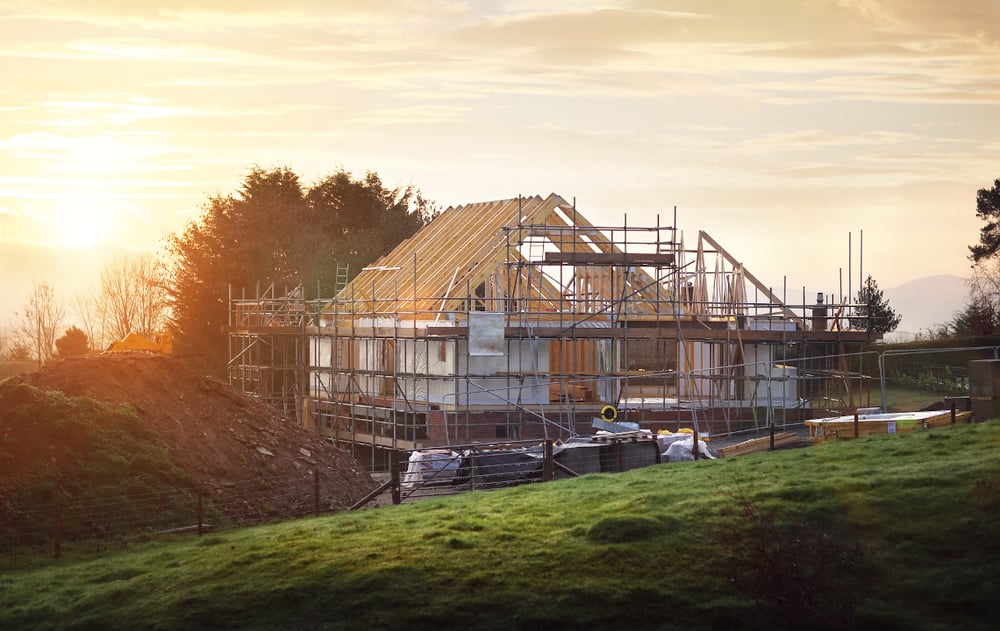
myth #10: you must obtain a separate construction loan to build on your new land
Fact: Certain lenders offer land/home or land/construction loans.
If you’re really organized and know what type of home you want to build and have a contractor lined up, you may qualify for a land/home or land/construction loan.
This can be beneficial in consolidating time, financing fees and effort.
However, if you’re ready to buy vacant land and aren’t sure about the type of home you want to build, you’d need to finance those purchases separately.
Learn more in: How Construction Loans Work.
myth #11: properties for sale have already been surveyed
Fact: Not all land for sale has a current or accurate survey.
It stands to reason that a property seller would know their land’s boundaries.
However, unless a current survey is provided, it’s best to hire a surveyor to complete a current survey during due diligence.
This is especially true for properties that have been “in the family” for generations or are going on the market for the first time.
Now That You're Armed With The Facts, Take The Next Step
If you’re ready to take the next step in your land-buying journey, we invite you to check out our library of free eGuides on land buying, land ownership and the rural lifestyle.
You can find them here on our parent company’s website.
Ready to start browsing properties?
Check out our inventory of rural places for sale in Alabama, Georgia, Florida, Mississippi and Texas at: raydientplaces.com.


